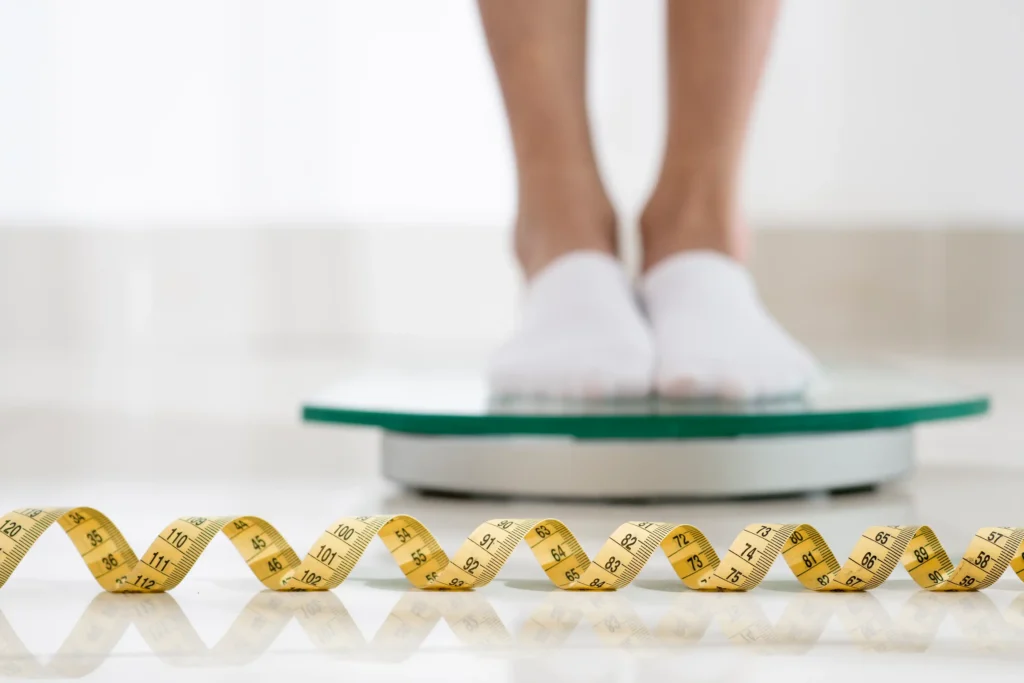
Birth control and weight gain: Many women considering birth control often wonder if it will affect their weight. It’s a common concern. No one wants to start something that could change their body in a way they don’t want. If you’re on or considering birth control, you may have the same question.
In this guide, we shall help you clear your confusion about birth control measures.
What is birth control?
Contraception, or birth control, is used to prevent pregnancy and comes in many forms, including pills, hormonal IUDs, patches, and implants for women. Concerns about weight gain are most often linked to hormonal methods, which use hormones such as oestrogen and progestin to stop pregnancy.
Also Read | Suffering from intense period pain? Here’s how to manage severe menstrual cramps
Do birth control pills cause weight gain?
The truth is, some people may experience weight gain due to hormonal birth control, but this is not the case for everyone. While many worry that taking the pill will automatically lead to extra pounds, research shows that most people experience little to no change in their weight, and many don’t gain any weight at all.
What does the research say?
Research shows that most contraceptive methods do not lead to significant weight gain. When weight gain does occur, it is typically small (about 1–2 kilos) and usually happens within the first few months of use.
Certain types of birth control, such as the contraceptive shot, have a stronger reputation for causing weight gain, with some women noticing an increase that can continue the longer they use it. Implants and some pills may also lead to slight weight changes, but this is relatively uncommon. In short, not all birth control methods cause weight gain; some people may gain a little, others notice no change, and some might even lose weight.

Why do some people gain weight?
Hormonal changes from certain contraceptives can cause your body to retain more water. This isn’t actual fat gain, just temporary fluid retention that often subsides after a few weeks. Some methods may also increase appetite, and if you eat more without realising it, you could gradually gain weight over time. In some cases, hormonal contraceptives with higher levels of progestin may also cause the body to store fat differently.
How can you determine if your birth control is affecting your weight?
Before starting birth control, it can help to track your weight and appetite for a few weeks. Watch for signs of bloating or swelling, which are often due to temporary water retention. Keeping a food diary can also make it easier to spot changes in your eating habits. If you’re unsure or notice a sudden increase of more than a few pounds, speak with your doctor.
Also Read | Period on the way? Common symptoms before menstruation begins
Some women may gain a little weight, others notice no change, and when weight gain does occur, it’s often linked to water retention or a slight boost in appetite. Birth control also offers important benefits beyond preventing pregnancy, such as improving acne and easing menstrual cramps. If weight is a concern, it shouldn’t prevent you from choosing a method that fits your health needs and lifestyle.








